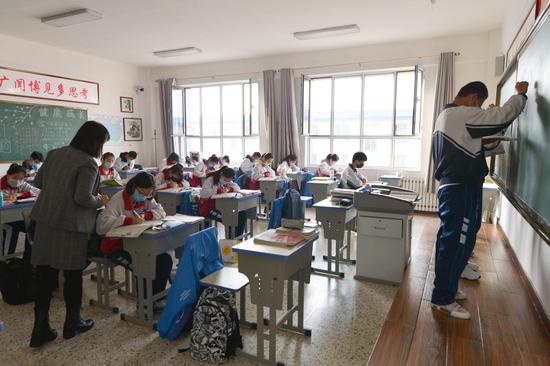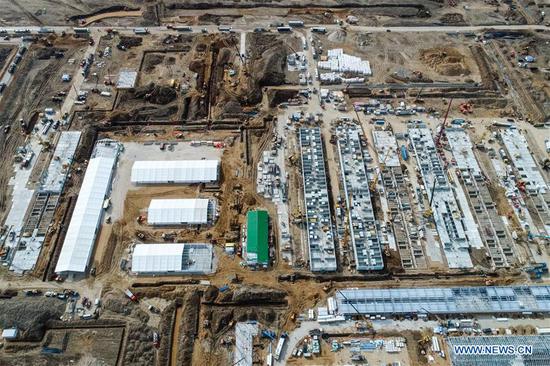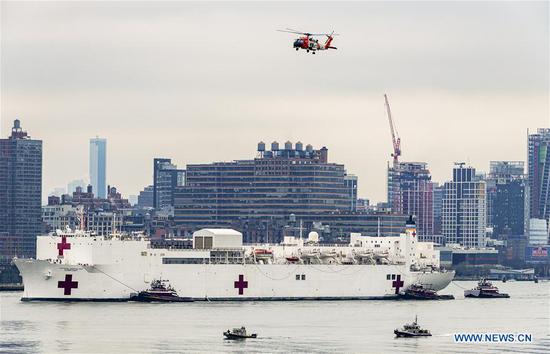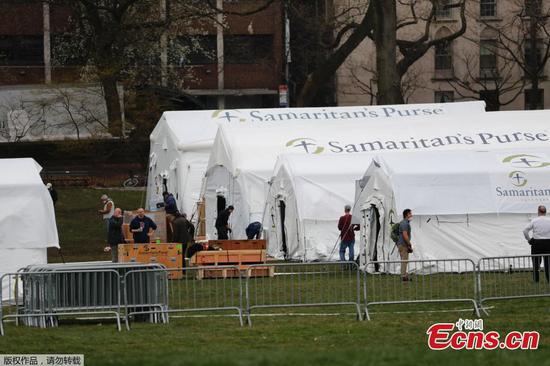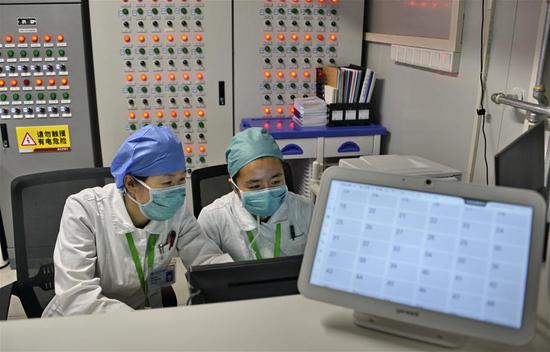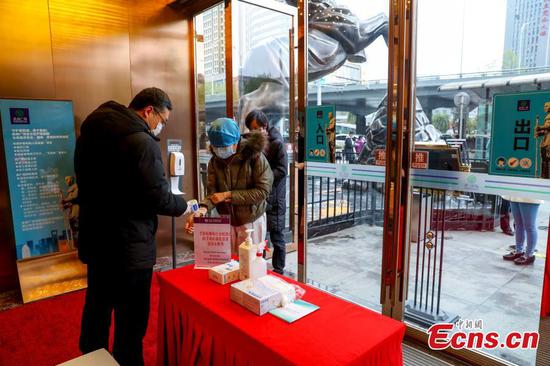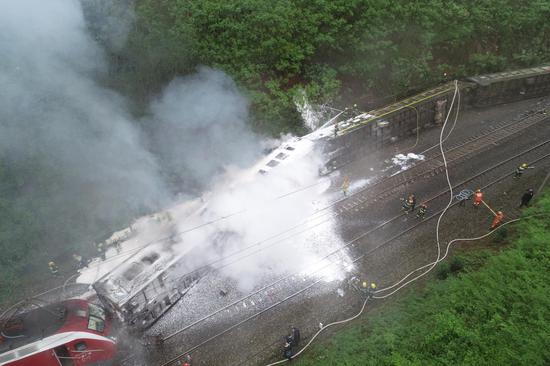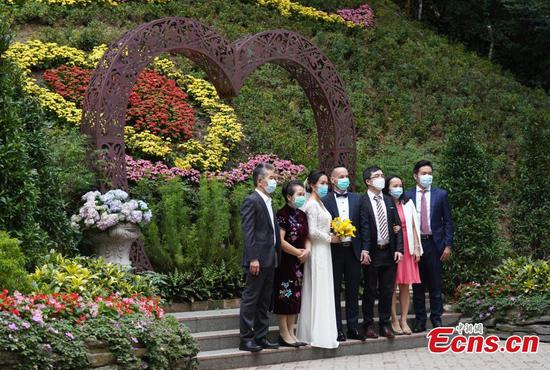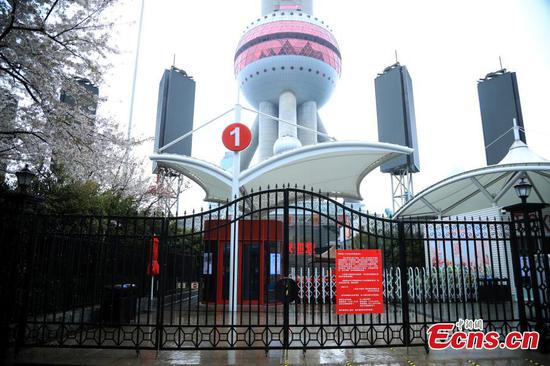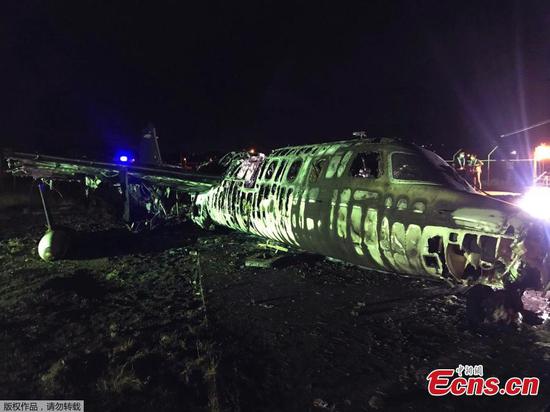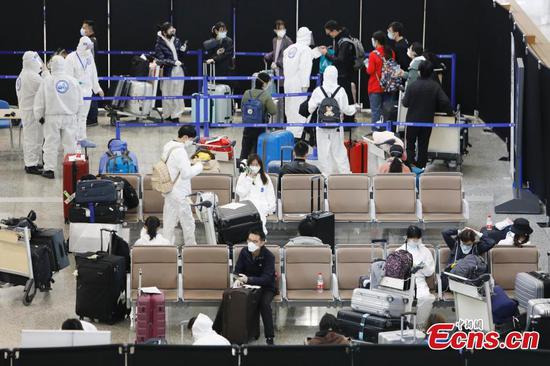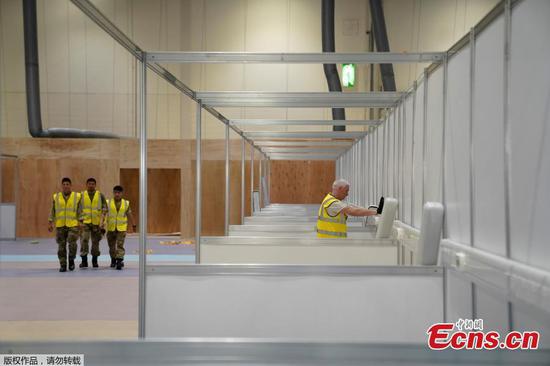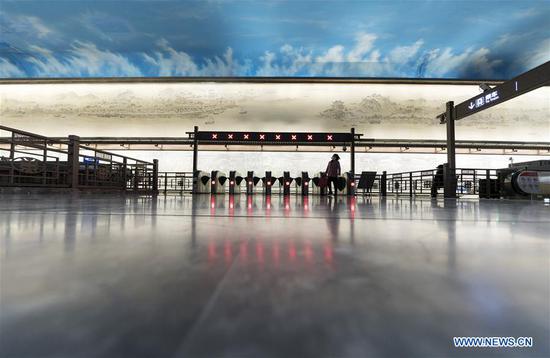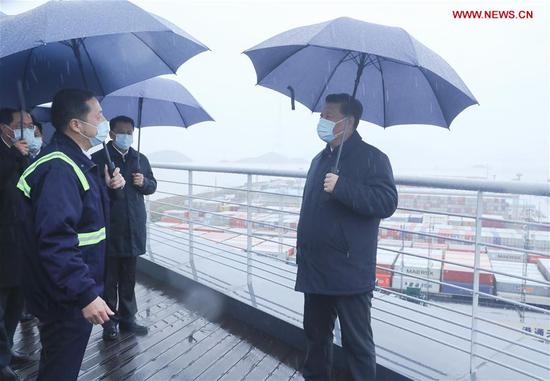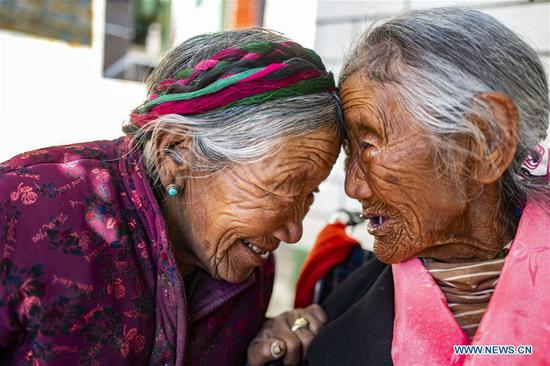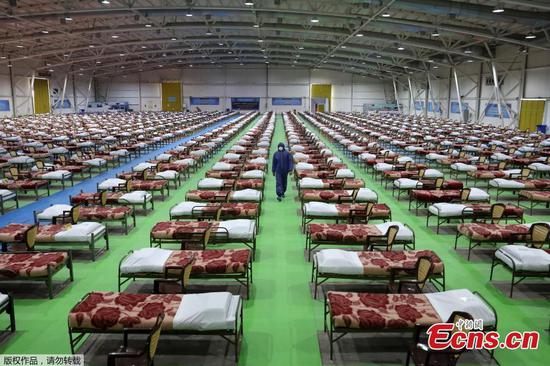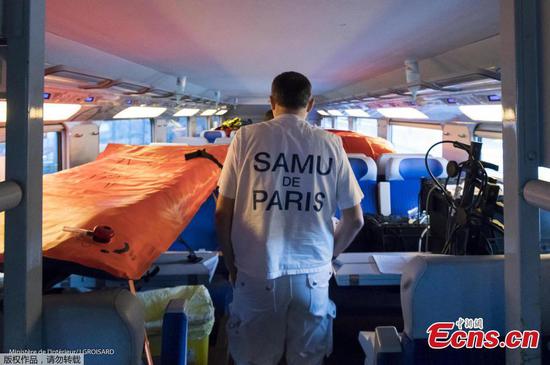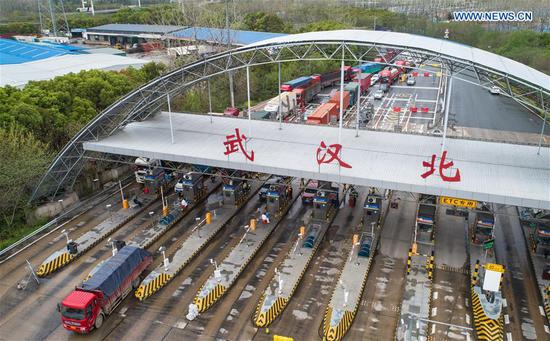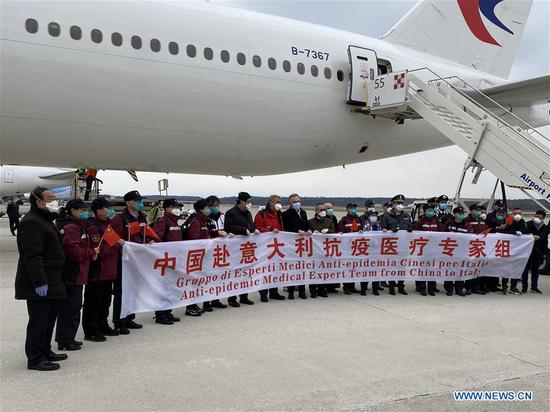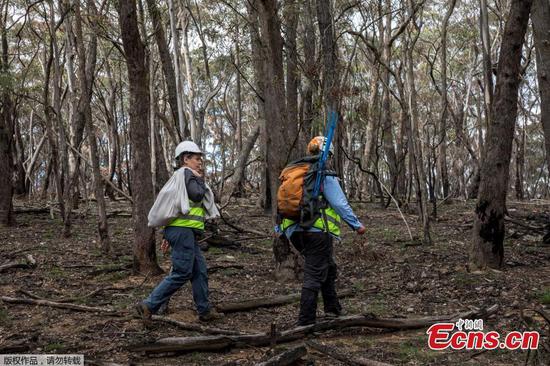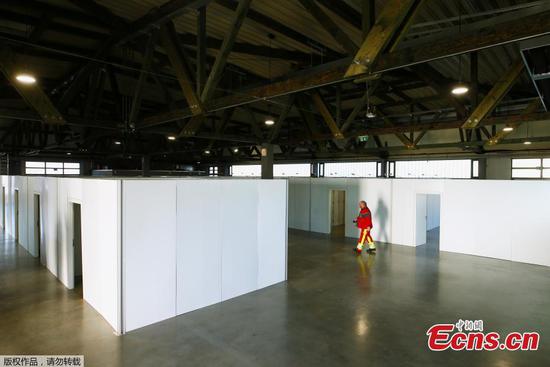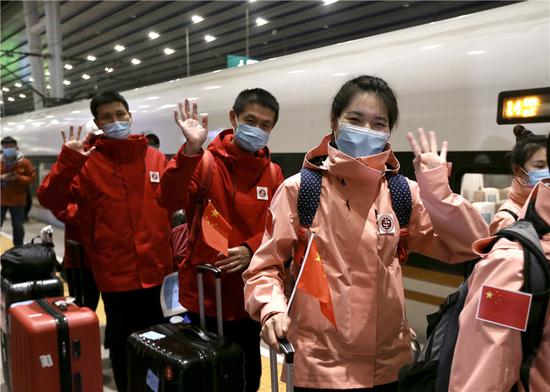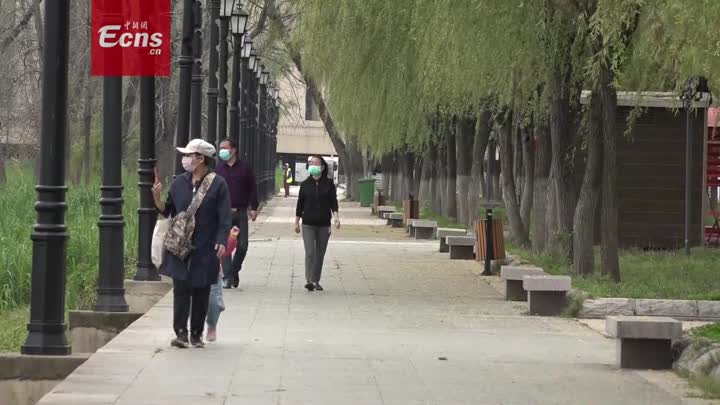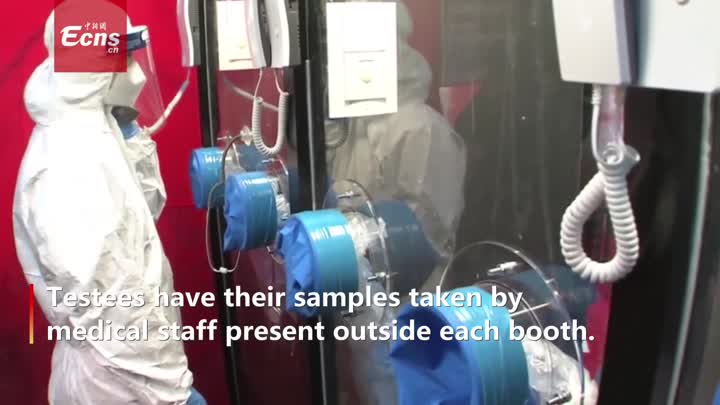The European Union (EU) on Monday issued new practical advice to ensure that mobile workers within the EU, in particular those in critical occupations to fight the coronavirus pandemic, can reach their workplace.
The guidelines identify a range of workers who exercise critical occupations, including those working in the healthcare and food sectors, and other essential services like childcare, elderly care, and critical staff for utilities.
"While it is understandable that member states have introduced internal border controls to limit the spread of the coronavirus, it is imperative that critical workers are able to reach their destination without delay," according to a statement released by the European Commission, the bloc's executive branch.
"We have 1.5 million people in the European Union who live in one country and work in another. Many of them have jobs that are important for us all to get through the crisis," European Commission President Ursula von der Leyen said in a video message on Twitter.
She said: "It is particularly important that those working in sectors that are critical to fighting the coronavirus can reach their workplace rapidly. Member states should establish simple and fast procedures to ensure a smooth passage for them."
She made an example that most hospital workers in Luxembourg come in daily from neighboring France or Belgium.
Beyond these specific categories of workers, the guidelines also clarify that EU member states should allow frontier workers to continue crossing borders if work in the sector concerned is still allowed in the host member state.
The guidelines also suggested that seasonal workers in agriculture should also be treated as critical workers.









